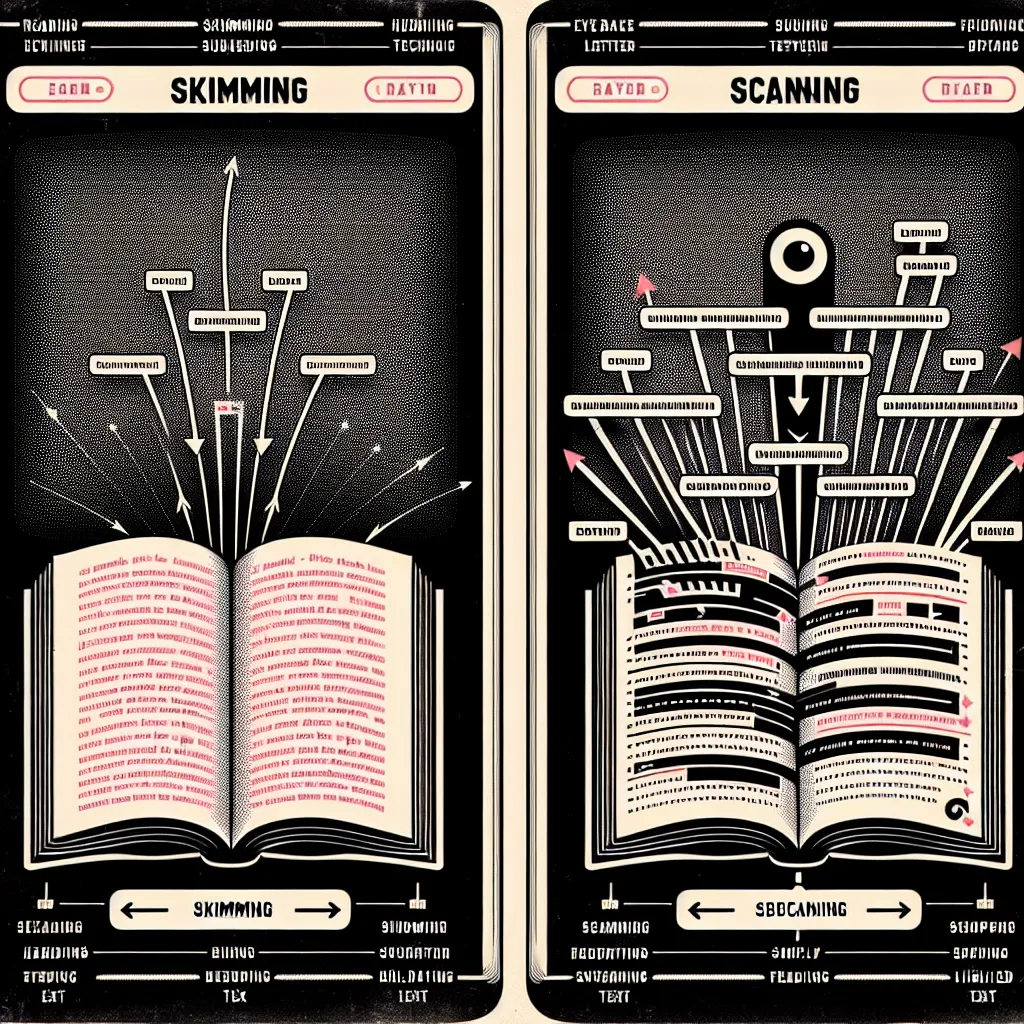Time management is crucial for success in the IELTS Reading section. With only 60 minutes to answer 40 questions across three passages, every second counts. This comprehensive guide will provide you with expert strategies to effectively manage your time and maximize your score in the IELTS Reading test.
Understanding the IELTS Reading Section
Before diving into time management techniques, it’s essential to understand the structure of the IELTS Reading section:
- 60 minutes to complete
- 3 passages of increasing difficulty
- 40 questions in total
- No extra time for transferring answers
Recognizing these parameters is the first step in developing an effective time management strategy.
 IELTS Reading Section Layout
IELTS Reading Section Layout
The Importance of Time Management in IELTS Reading
Effective time management is critical in the IELTS Reading section for several reasons:
- Limited time: With only 60 minutes to read and answer questions, every second is valuable.
- Varying question difficulty: Some questions are more time-consuming than others.
- No extra time: Unlike the Listening section, there’s no additional time to transfer answers.
- Stress reduction: Good time management can help reduce anxiety and improve focus.
Strategies for Effective Time Management
1. Allocate Your Time Wisely
One of the most crucial aspects of time management is proper allocation. Here’s a recommended breakdown:
- Passage 1: 17 minutes
- Passage 2: 20 minutes
- Passage 3: 23 minutes
This allocation accounts for the increasing difficulty of passages and leaves you with a crucial buffer of 5 minutes at the end for review and answer transfer.
2. Prioritize Questions
Not all questions are created equal. Follow these tips to prioritize effectively:
- Start with easier question types like matching headings or true/false/not given.
- Leave more time-consuming questions, such as gap-filling or summary completion, for later.
- If a question seems too difficult, mark it and move on. You can return to it if time permits.
3. Use the Skimming and Scanning Technique
Skimming and scanning are essential skills for efficient reading:
- Skim: Quickly read through the passage to get a general idea of its content.
- Scan: Look for specific information to answer questions.
Practice these techniques regularly to improve your speed and accuracy.
 Skimming and Scanning Technique
Skimming and Scanning Technique
4. Read Questions Before the Passage
Reading questions before tackling the passage can help you:
- Identify key information to look for
- Understand the context of the passage
- Save time by focusing on relevant sections
5. Use Keywords to Your Advantage
Identifying keywords in both questions and passages can significantly speed up your reading process:
- Underline key terms in questions
- Look for synonyms or paraphrases of these terms in the passage
- Pay attention to transition words and topic sentences
6. Practice with a Timer
Regular timed practice is crucial for improving your time management skills:
- Use official IELTS practice tests
- Set a timer for 60 minutes
- Gradually increase your speed as you become more comfortable
7. Develop a Personal Strategy
Everyone has different strengths and weaknesses. Experiment with various approaches to find what works best for you:
- Some prefer to answer questions as they read
- Others read the entire passage before tackling questions
- Try different methods and stick with what yields the best results
Common Time Management Mistakes to Avoid
Be aware of these common pitfalls:
- Spending too much time on one question or passage
- Not leaving time for review
- Panicking when faced with difficult questions
- Reading every word in detail instead of skimming and scanning
- Not practicing with timed conditions regularly
Next Steps: Putting Your Skills into Practice
Now that you’ve learned these time management strategies, it’s time to put them into practice:
- Take a full-length IELTS Reading practice test, implementing these techniques.
- Analyze your performance, identifying areas for improvement.
- Focus on your weakest areas in subsequent practice sessions.
- Gradually increase your speed and accuracy through consistent practice.
Remember, effective time management in the IELTS Reading section is a skill that improves with practice. Stay focused, remain calm, and apply these strategies consistently to achieve your desired score.
By mastering these time management techniques, you’ll be well-equipped to tackle the IELTS Reading section with confidence and efficiency. Keep practicing, stay motivated, and success will follow. Good luck with your IELTS preparation!




